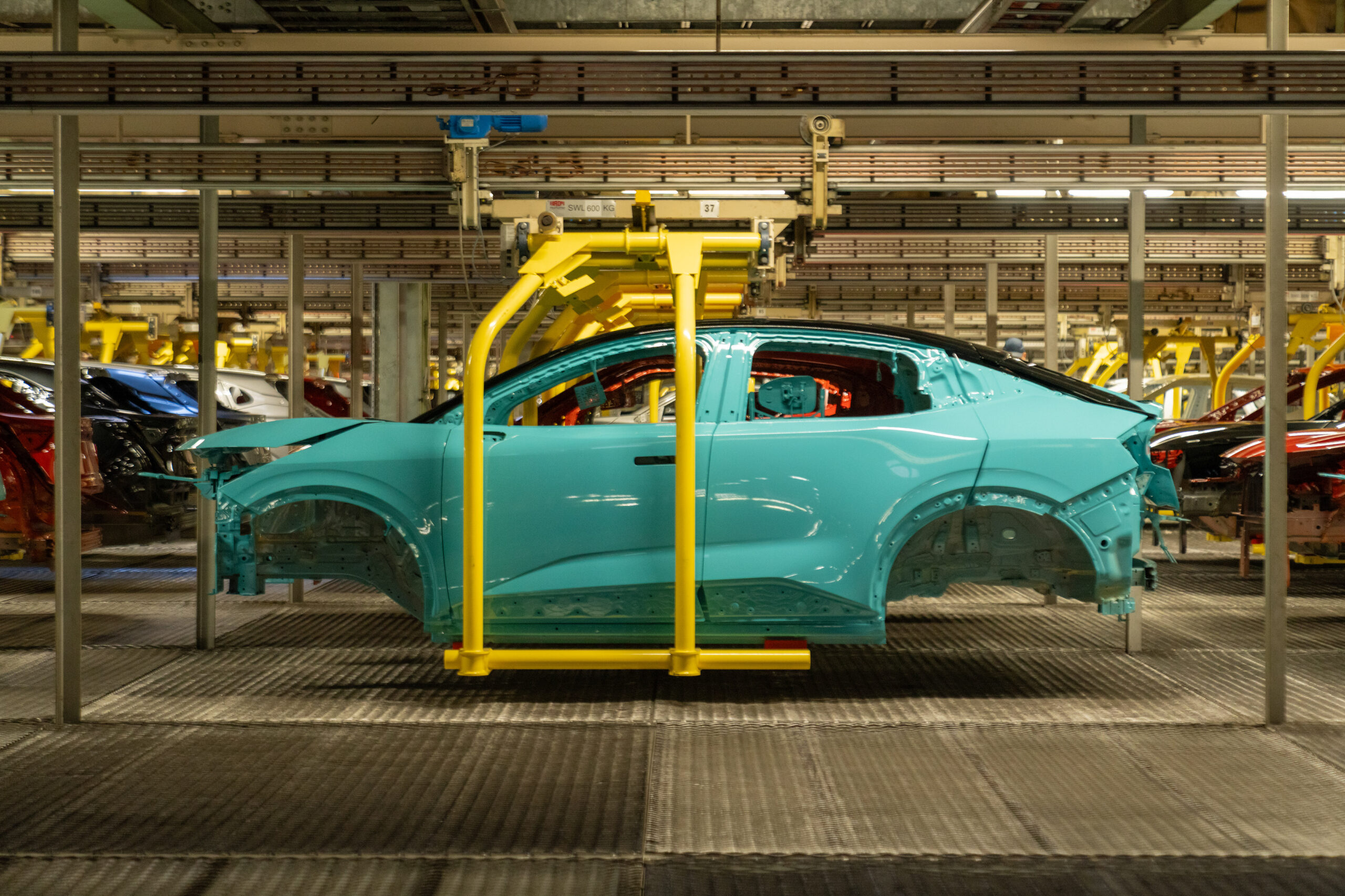
As we transition toward a net-zero future, and the automotive industry continues to increase volumes of zero emission vehicles on our roads, the focus is shifting. Not so much on whether the technology will work and be accepted but, moreover, how these vehicles will be more sustainable. This is about the minimisation of raw materials and, fundamentally, how to reuse components and materials once they reach the end of their service life. This is the “circular economy” and at its heart is remanufacturing – a key enabler of sustainability, industrial resilience and economic growth.
Remanufacturing is more than simply reusing existing material. It is a route to reducing environmental impact, and delivering growth and jobs while decreasing dependence on virgin materials. It generates half a billion pounds in turnover in the UK and, with the right conditions, can deliver even greater economic and environmental benefits.
With the UK’s skilled workforce, diverse supply chain, and more than 41 million vehicles on the roads providing essential mobility, the opportunity to scale remanufacturing is significant. From brake calipers and tyres to electric vehicle batteries, each can be repurposed for a second life. Remanufactured components are already delivering measurable carbon, energy and cost savings but with the right support, this sector can do much more.

The prize is considerable – job creation, sustainable business growth, closer compliance with carbon cutting targets. Remanufacturing, and the independent manufacturing sector, is a central pillar of the UK’s circular economy strategy, and can be buoyed by smarter regulation to enable growth. As our switch to zero emission mobility/ transport accelerates, remanufacturing will reduce waste, while powering up the next generation of vehicles as a key source of material, rather
than digging up the earth.
This is a prize within our grasp, with other nations and economies also striving to reap the benefits remanufacturing can bring. The UK has made a strong start and has huge potential for growth. But with the right policy frameworks, regulation and trade agreements, Britain can continue to be a global leader in automotive innovation – one that is cleaner, smarter and more sustainable.


